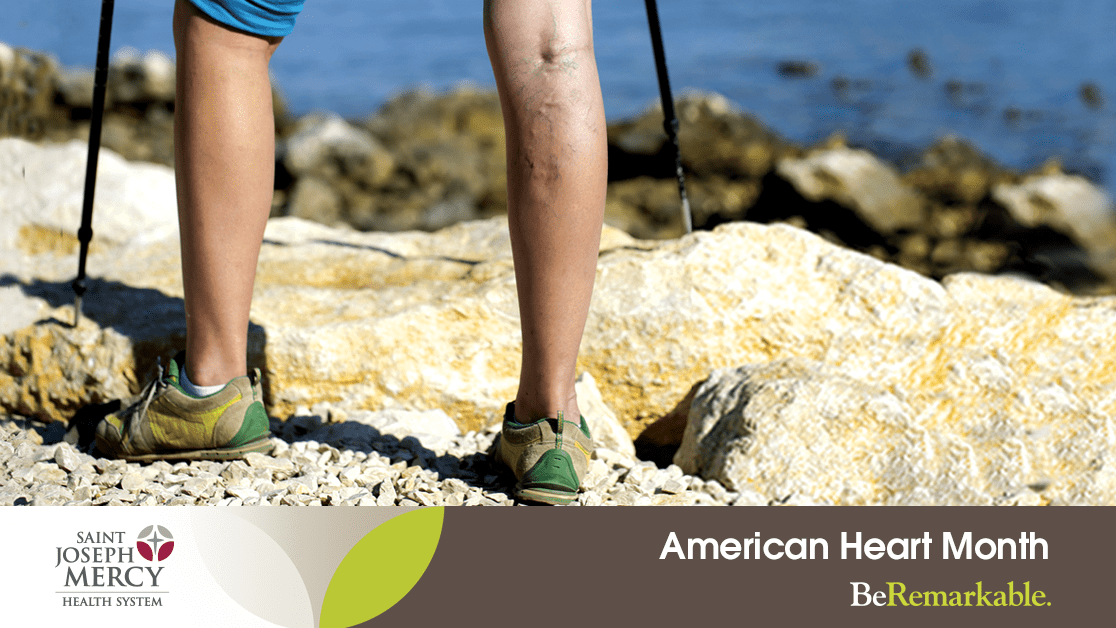Peripheral Artery Disease (PAD) is a serious condition that causes arteries in the legs to become narrowed by plaque. When arteries are clogged, blood flow to the legs and feet is reduced, causing pain and making it difficult to walk.
Symptoms of PAD include muscle pain or cramping in legs after activity, wounds on the legs or feet that are slow to heal, changes in your skin color or temperature of your feet and legs and odd growth changes in your toe nails.
Your risk for developing PAD is increased if you have history of smoking or other health issues such as diabetes, high cholesterol, high blood pressure or obesity. Your age or family history may also be a factor.
There are new, minimally invasive ways for trained cardiologists to help open arteries, reduce symptoms and ensure quality of life is improved. If you’re concerned you’re at risk, talk to your doctor to learn what you can do to lower your risk for disease.




